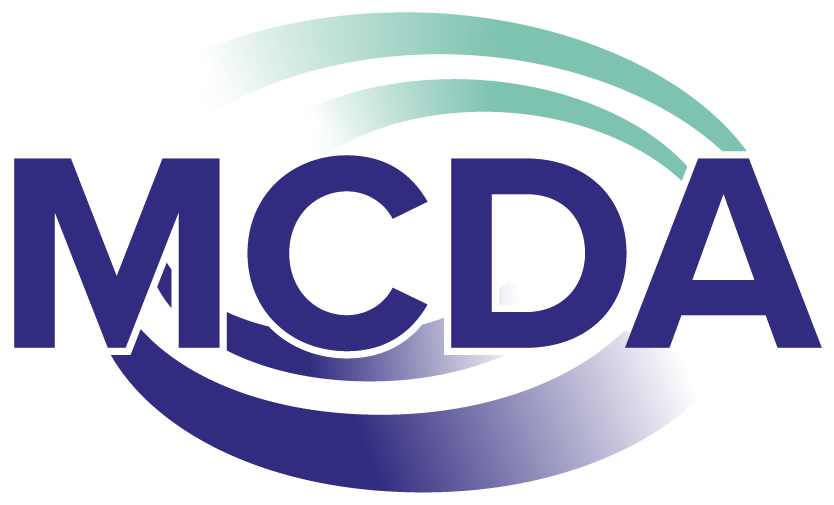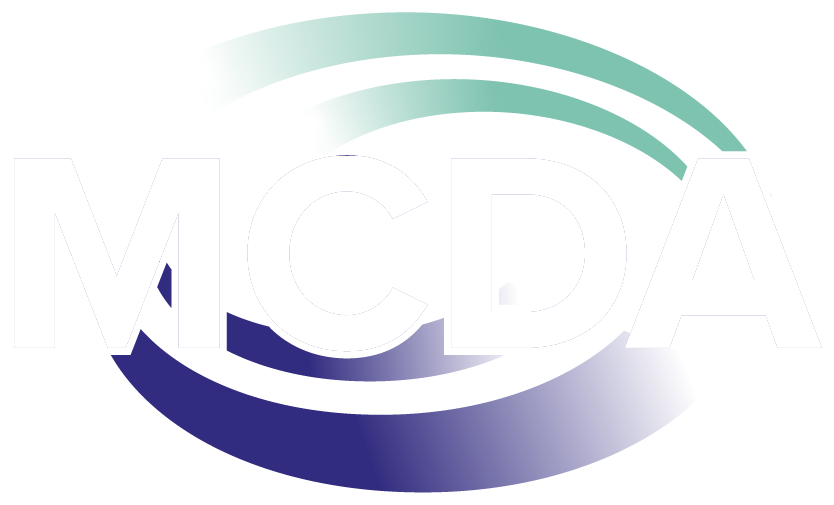By Denise Felder, MCDA Board Member
Many new veterans returning to Minnesota from serving in the Middle East have entered the job market in recent months and are facing challenges that the average job seeker does not have. For example, it’s common for job seeking veterans to have difficulty communicating their military experience in a way that is relevant to civilian employers.
One of the benefits of serving in the military is the opportunity to gain technical experience that can be used in the workplace, like advanced computer, medical or mechanical skills. In addition to these specialized skills, military experience can give job seekers personal, or “soft” skills that employers want.
- Veterans are fast learners with a track record for applying their new skills in real-world situations.
- Veterans are able to work in teams effectively and take leadership roles when needed.
- Veterans are experienced in working under pressure, adhering to strict deadlines and completing tasks accurately.
Having skills that employers want and knowing how to effectively present those skills during a job search are two different things. Veterans often have difficulty describing how their military experience matches with civilian jobs.
Like all job seekers, before going on job interviews, veterans should examine all of their previous experiences to create an effective resume.
A common mistake among new veterans is to use too many military terms on their resumes. Military Occupation Codes and titles don’t convey relevant skills to an employer as well as every-day words like “supervisory experience,” “small engine repair” or “experience working in multicultural settings.”
The use of military jargon can derail a job interview as well. Veterans can learn how to better present themselves during interviews by working with a trained career coach or veteran’s service representative.
Working with a career professional can also help a veteran to learn about occupational licenses and certifications that correspond with the training they received in the military. Knowing what credentials an employer is looking for can keep a veteran from going through a vocational program that repeats what they already learned in the military, just to get an industry-recognized certificate or degree.
There are many state and federal resources available to veterans conducting job searches. Minnesota WorkForce Centers, local community job centers and private career counselors can direct veterans of all skill levels to the appropriate benefits and programs.
Denise Felder is editor of MnCareers and a content and outreach specialist for ISEEK.org and CareerOneStop.org.
# # #
MCDA can connect you with competent career professionals who can be interviewed in print or on camera regarding job searching in a tough economy, veterans’ employment issues, millennial, baby boomer and intergenerational employment issues, or any topic related to job searching and the career development field. Contact MCDA Public Relations Committee: Denise Felder, 651-201-1521, denise.felder@iseek.org; or Bridget Kenadjian, 612-722-3657, bridgetkendjian@yahoo.com.


